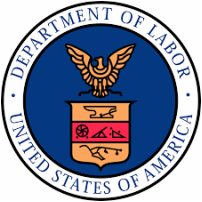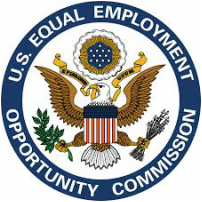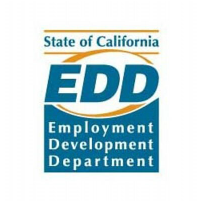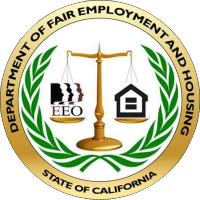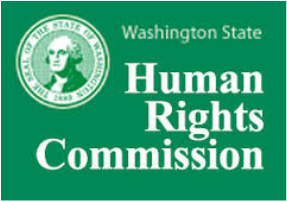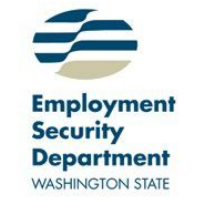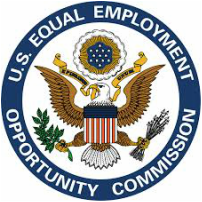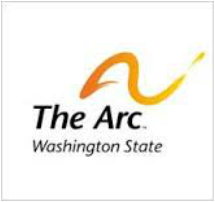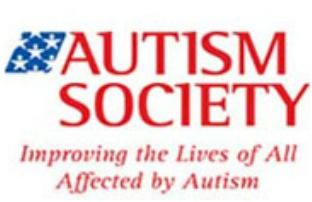Federal
|
"The Civil Rights Division of the Department of Justice, created in 1957 by the enactment of the Civil Rights Act of 1957, works to uphold the civil and constitutional rights of all Americans, particularly some of the most vulnerable members of our society. The Division enforces federal statutes prohibiting discrimination on the basis of race, color, sex, disability, religion, familial status and national origin."
|
"To foster, promote, and develop the welfare of the wage earners, job seekers, and retirees of the United States; improve working conditions; advance opportunities for profitable employment; and assure work-related benefits and rights."
|
"The U.S. Equal Employment Opportunity Commission (EEOC) is responsible for enforcing federal laws that make it illegal to discriminate against a job applicant or an employee because of the person's race, color, religion, sex (including pregnancy, gender identity, and sexual orientation), national origin, age (40 or older), disability or genetic information. It is also illegal to discriminate against a person because the person complained about discrimination, filed a charge of discrimination, or participated in an employment discrimination investigation or lawsuit."
|
California
|
"Advocate, educate, investigate and litigate to advance and protect the rights of Californians with disabilities . . . We envision a barrier-free, inclusive, diverse world that values each individual and their voice. In this world, all people with disabilities enjoy the power of equal rights and opportunities, dignity, choice, independence and freedom from abuse, neglect and discrimination."
|
"For nearly 50 years, HRC has grown in response to San Francisco’s mandate to address the causes of and problems resulting from prejudice, intolerance, bigotry and discrimination."
|
"The Department of Industrial Relations (DIR) was established in 1927. Its mission is to improve working conditions for California's wage earners and to advance opportunities for profitable employment in California. DIR administers and enforces laws governing wages, hours and breaks, overtime, retaliation, workplace safety and health, apprenticeship training programs, and medical care and other benefits for injured workers."
|
|
"The Employment Development Department (EDD) is one of the largest state departments with employees at hundreds of service locations throughout the state. For more than 70 years, we have connected millions of job seekers and employers in an effort to build the economy of the Golden State."
|
"The DFEH is the state agency charged with enforcing California’s civil rights laws. The mission of the DFEH is to protect the people of California from unlawful discrimination in employment, housing and public accommodations and from hate violence. "
|
Washington
|
"Disability Rights Washington (DRW) is a private, non-profit organization that protects the rights of people with disabilities statewide. Our mission is to advance the dignity, equality, and self-determination of people with disabilities. We work to pursue justice on matters related to human and legal rights. We provide free advocacy services to people with disabilities."
|
"The mission of the WSHRC is to eliminate and prevent discrimination in Washington State through the fair application of the law, efficient use of resources, and establishment of productive partnerships in the community."
|
"L&I is a diverse state agency dedicated to the safety, health and security of Washington's 2.5 million workers. We help employers meet safety and health standards and we inspect workplaces when alerted to hazards. As administrators of the state's workers' compensation system, we are similar to a large insurance company, providing medical and limited wage-replacement coverage to workers who suffer job-related injuries and illness. Our rules and enforcement programs also help ensure workers are paid what they are owed, that children's and teens' work hours are limited, and that consumers are protected from unsound building practices."
|
|
"We partner to connect employers and job seekers - supporting transitions to new jobs and empowering careers."
|
"The Seattle Field Office has jurisdiction over the states of Alaska, Idaho, Montana, Oregon and Washington."
|
Seattle Office for Civil Rights
"The SOCR works to advance civil rights and end barriers to equity. SOCR enforces laws against illegal discrimination in employment, housing, public accommodations and contracting within Seattle city limits."
|
|
"As a Department we are tied together by a single mission: to transform lives. Each administration within DSHS has a refined focus on this mission. "
|
"The Washington State Hospital Association works to improve the health of all Washington state residents by being active on key issues of policy and quality. The Triple Aim guides our members and our work, as we strive to improve the patient experience, improve the health of populations and reduce the cost of health care."
|
Washington state disability rights
|
"The American Foundation for the Blind (AFB) sees a world where people with vision loss have equal access and opportunities to excel at school, at work, and in their communities."
|
"The Arc of Washington State’s mission is to advocate for the rights and full participation of all people with intellectual and developmental disabilities. Along with our network of members and chapters, we support and empower individuals and families; connect and inform individuals and families; improve support and service systems; influence public policy; increase public awareness; and inspire inclusive communities."
|
|
"The Attention Deficit Disorder Association provides information, resources and networking opportunities to help adults with Attention Deficit Hyperactivity Disorder lead better lives. We provide hope, empowerment and connections worldwide by bringing together science and the human experience for both adults with ADHD and professionals who serve them."
|
"The Autism Society, the nation’s leading grassroots autism organization, exists to improve the lives of all affected by autism. We do this by increasing public awareness about the day-to-day issues faced by people on the spectrum, advocating for appropriate services for individuals across the lifespan, and providing the latest information regarding treatment, education, research and advocacy."
|


